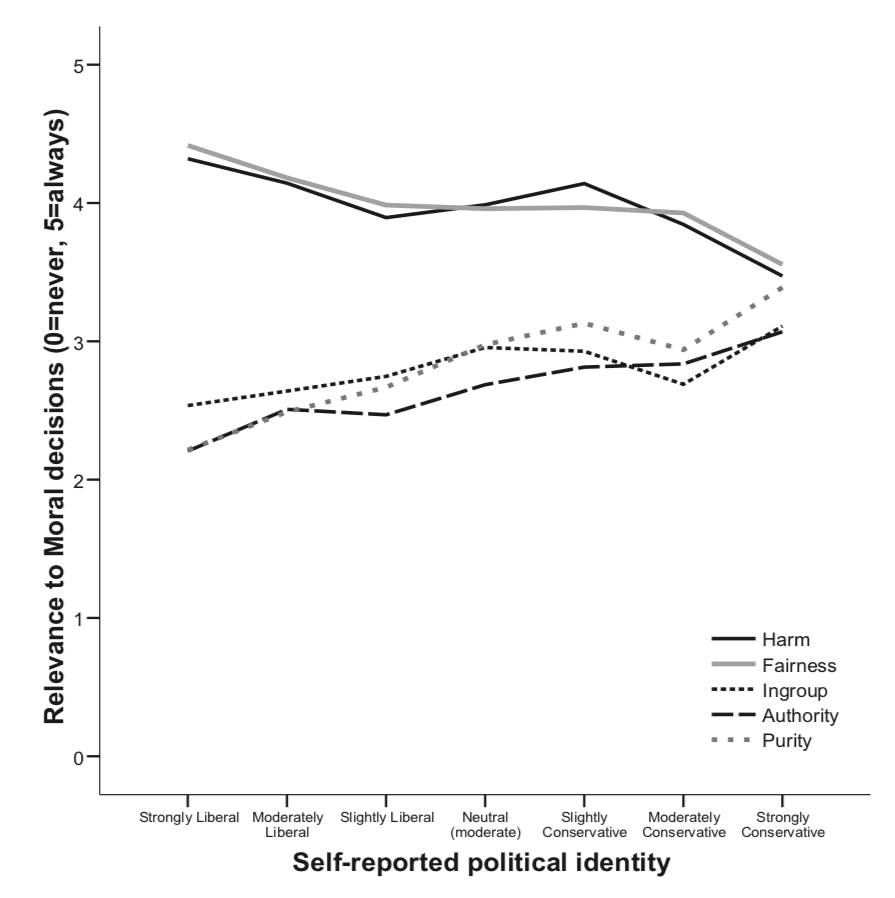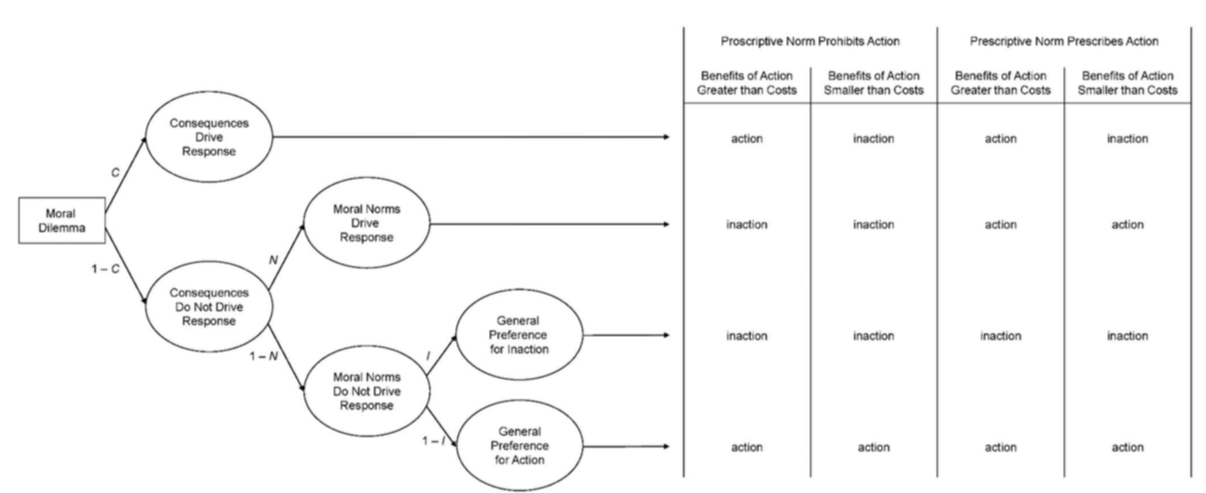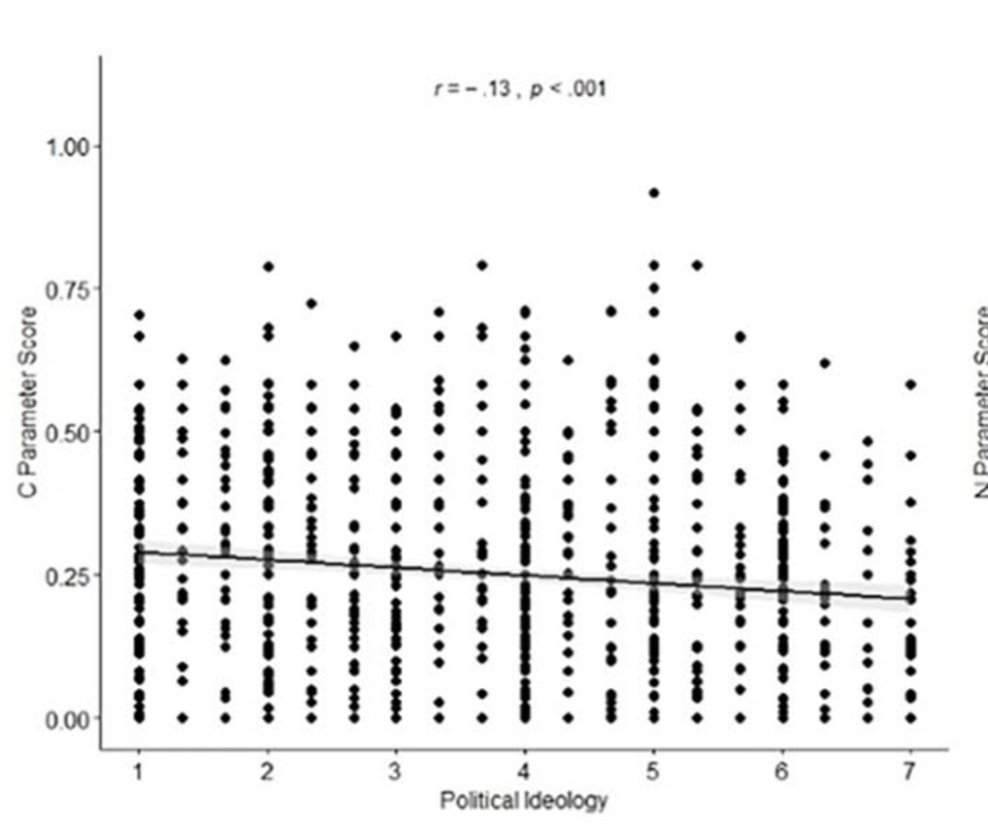Click here and press the right key for the next slide.
(This may not work on mobile or ipad. You can try using chrome or firefox, but even that may fail. Sorry.)
also ...
Press the left key to go backwards (or swipe right)
Press n to toggle whether notes are shown (or add '?notes' to the url before the #)
Press m or double tap to slide thumbnails (menu)
Press ? at any time to show the keyboard shortcuts
Moral Reframing and Process Dissociation
We encountered puzzles
which we are now in a position to resolve.
puzzle
If the evidence for cultural variation in moral psychology is at best weak,
and if the theoretical argument for moral reframing is flawed,
why does moral reframing seem to work?
Why does moral reframing work?
standard explanation
1. There is cultural variation in moral foundations that is linked to political ideology.
2. Reframing engages the morals of the target culture.
3. Moral engagement influences action.
objection A: evidence for (1)
objection B: Lars-Joan-Joseph
alternative explanations
apparent message source
familiarity of word choices
...

Graham et al, 2009 figure 1
The Joan-Lars-Joseph objection
The evidence on cultural variation says socially conservative participants tend to regard all five foundations as roughly equally morally relevant.

Gawronski et al, 2017 figure 1

Luke & Gawronski (2021, p. figure 2 (part))
‘on average, conservatives are less inclined to accept harmful actions for the greater good than liberals.
[And] liberals are more sensitive to the consequences of a given action for the greater good than conservatives’
(Luke & Gawronski, 2021, p. 10).
‘You can make a difference by recyling because you know it’s the right thing to do. Your actions can help care for others and allow the greatest good for society. Because of people like you, we can reduce the harm to others and to the environment by recycling. You CAN make a difference’
‘You can join the fight by recycling with those like you in your community. Your actions can help us do our civic duty because recycling is the responsible thing to do in our society. Because of people like you, we can follow the advice of important leaders by recycling. You CAN join the fight!’
puzzle
If the evidence for cultural variation in moral psychology is at best weak,
and if the theoretical argument for moral reframing is flawed,
why does moral reframing seem to work?